- Shop from USA, UK, France, Germany & Turkey
- To Lebanon or any other country
- A Million Idea at your disposal
- Office Number +961 1 580 570
- Mobile Number +961 71 311 544
- Contact us
-
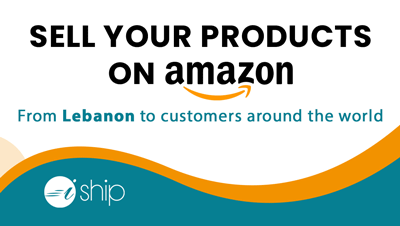
Looking for ways to make extra money ?
Sell your pre-owned or commercial products thru iship on eBay & Amazon
Millions of potential customers around the wolrd
>> -
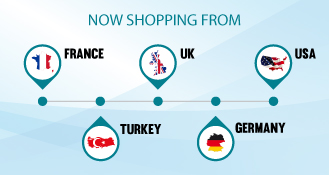
iShip's now gives you access to multiple new markets:
-USA (no volume charge, accepting dangerous goods)
-UK (all of europe, electronics, automation)
-Germany (trading, car parts, sports)
-France (luxe, cloth, tools)
-Turkey (furniture, cargo, sea freight)
-UAE (souq.com, electronics, anything)
-China (50 kg and above) -
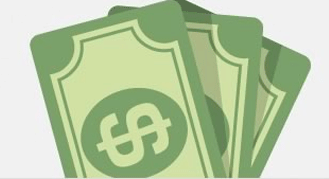
Make Money Online with our Patnership Program:
- Resell our services in your Agency or Store
- Apply & Become a POS for iShip
- Earn Incentinves by refering us to your contacts
- Franchise iShip in your country
Click here or contact us today! -
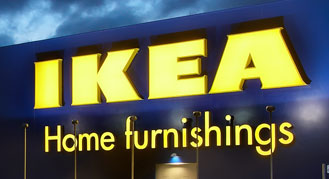
Furnish your home & office with Ikea products.
The leading built-it-yourself furniture store now available for shipping to Lebanon at competitive prices.
Call and reserve your order today. -
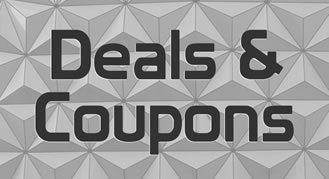
Buy prepaid cards from iShip and get as much as 40% discounts.
Send Gift Carts to your friends for birthday & holidays.
Get access to thousand dollars savings coupons from your favorite brand just by being our customer. -
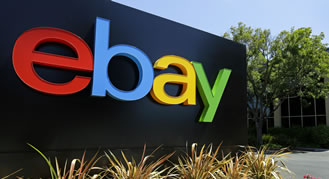
Unableto use eBay? Great deals and hard-to-find items listed on the world's largest online site.
iShip opens the doors of EbayDo not worry about paypal and payment issues, our Buy For Me team will take care of it.
Simply send over your links or items needed, we will guarantee delivery.
Call 01580570 or Submit a Buy for Me Request
-

You have family in Lebanon or the US?
Use our shipping services to send your loved ones surprise gifts, documents and packages.
Many advantages over asking your friends and family do it for you. -

Heavy Shoppers? We have Preferential rates for yearly shoppers, as low as 11$ per kg
Shop instantly from thousand of online stores.
No Credit Card Needed -










